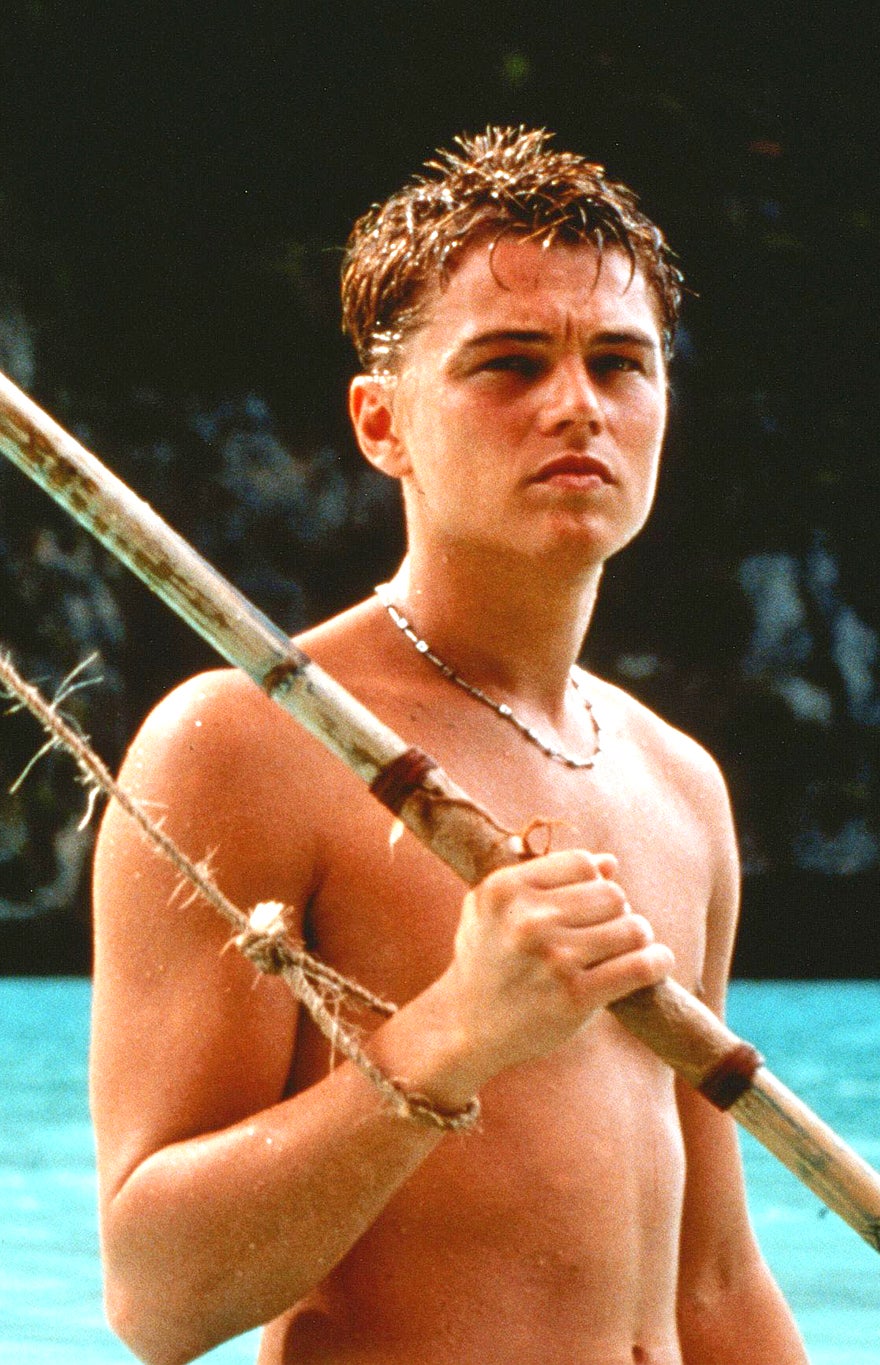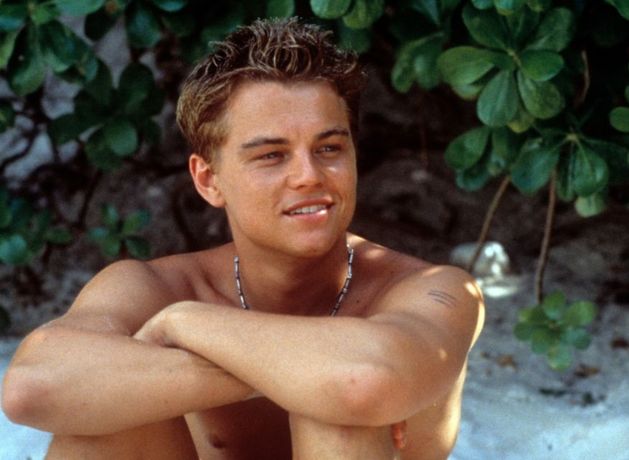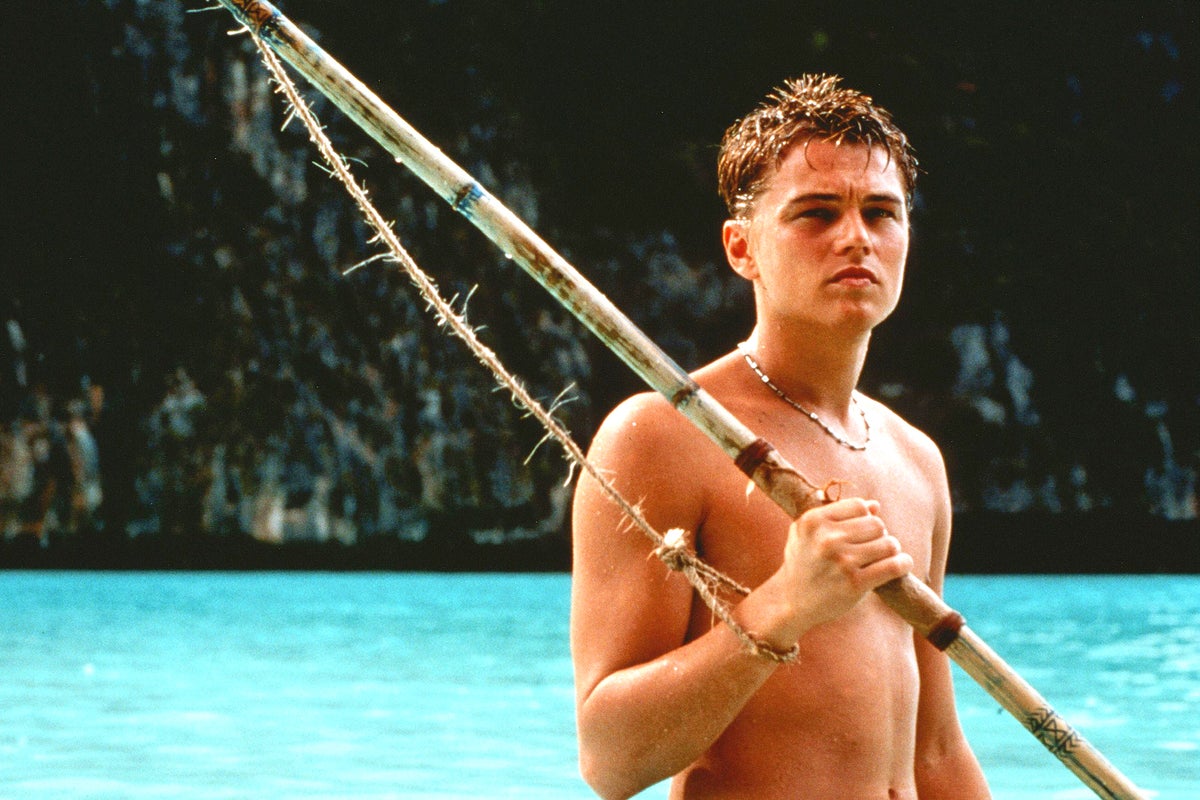safe
The Turbulent Production of The Beach
The Environmental Impact
The production of The Beach was marred by controversy from the outset, with environmental protestors rallying against the $50m production as early as January 1999. The filmmakers were accused of spoiling the paradisiac beach of Ko Phi Phi Le, a location that was meant to be a hidden gem, untouched by the outside world. The irony of this situation was not lost on director Danny Boyle, who would later admit that The Beach was his “least enjoyable personal experience on a film.”
According to reports, the production team had imported sand and palm trees to the location, which had a devastating impact on the local ecosystem. The filmmakers were also accused of damaging the island’s coral reef and causing erosion to the beach. The environmental impact of the production was so severe that it sparked protests and calls for the filmmakers to be held accountable.

Behind the Scenes
Despite the controversy surrounding the production, the filmmakers faced numerous logistical challenges while shooting on the remote island of Ko Phi Phi Le. The location was difficult to access, and the production team had to transport equipment and personnel to the island by boat. The heat and humidity also proved to be a challenge, with temperatures often reaching over 100 degrees Fahrenheit.
In an interview with Amy Raphael, Danny Boyle recalled the challenges of shooting on the island. “It was like being a student taking a year out,” he said. “Although we did try to spend as little money as possible and stayed in crappy places.” The production team also had to deal with the local authorities, who were concerned about the impact of the production on the island’s ecosystem.

Boyle’s Regrets
Despite the challenges faced by the production team, Danny Boyle has reflected on The Beach as his “least enjoyable personal experience on a film.” In an interview with The Guardian, Boyle admitted that he had regrets about the production, citing the environmental impact and the logistical challenges of shooting on the island.
Boyle also expressed concerns about the film’s themes and tone, which he felt did not translate well to the big screen. “I think it’s a film that’s very much of its time,” he said. “It’s a film that’s about a particular moment in history, and I think it’s a film that’s very much about the excesses of the 1990s.”
From Novel to Screen: The Evolution of The Beach
Alex Garland’s Original Vision
Alex Garland’s novel, The Beach, was published in 1996 and quickly became a Gen-X counterculture bible. The book told the story of tourists who discover a mythical Thai beach and its secret, self-sufficient community of hippie idealists. Garland’s novel was inspired by his own experiences traveling in the Philippines, and he intended for The Beach to be a shrewd swipe at the mindset of Western consumerism.
However, the book became a favorite among travelers, who saw themselves in the characters and their quest for adventure and self-discovery. As one traveler recalled, “Everyone was reading it” while backpacking around Thailand in the 1990s.
Adapting for the Big Screen
Danny Boyle came across The Beach while reading the book in the wake of his frenetic adaptation of Irvine Welsh’s Trainspotting in 1996. Boyle was drawn to the book’s themes and characters, and he saw an opportunity to bring the story to life on the big screen.
Boyle worked with screenwriter John Hodge to adapt the novel for the big screen. The two had previously collaborated on Trainspotting and Shallow Grave, and they brought their unique style and sensibility to The Beach. The film’s script was developed over several years, with Boyle and Hodge working closely with Garland to ensure that the film stayed true to the spirit of the novel.
The Role of Word of Mouth
Word of mouth played a significant role in the production and reception of The Beach. The book had already gained a cult following among travelers, and the film’s production team drew on this enthusiasm to generate buzz and excitement around the film.
Boyle recalled the impact of word of mouth on the film’s production. “It was like reading Trainspotting in the sense that it wasn’t, at that point, very well known, but it already had a cultish following,” he said. The film’s cast and crew also drew on their own experiences traveling and backpacking to bring authenticity to the film.
The Casting Conundrum: Leonardo DiCaprio and Ewan McGregor
The Search for a Leading Man
The casting process for The Beach was a long and arduous one, with the filmmakers searching for the perfect actor to play the lead role of Richard. Ewan McGregor was initially considered for the role, but the filmmakers ultimately decided to go with a bigger star name to justify the required budget.
Leonardo DiCaprio was cast as Richard, bringing his box-office clout and charisma to the role. DiCaprio was still riding the wave of success from Titanic, and his involvement in The Beach helped to generate buzz and excitement around the film.
The Risks of Casting a Megastar
Danny Boyle has admitted that casting a megastar like DiCaprio was a risk, but one that he felt was necessary to make the film. “If I wanted to take the least risk possible, I wouldn’t have made the film,” he said.
Boyle also expressed concerns about the impact of DiCaprio’s involvement on the film’s tone and reception. “I think it’s a film that’s very much of its time,” he said. “It’s a film that’s about a particular moment in history, and I think it’s a film that’s very much about the excesses of the 1990s.”
The Impact on the Film
DiCaprio’s involvement in The Beach had a significant impact on the film’s tone and reception. The film’s themes of adventure and self-discovery were amplified by DiCaprio’s presence, and the film’s visual style and cinematography were influenced by the actor’s box-office clout.
However, DiCaprio’s involvement also brought its own set of challenges, including the scrutiny and attention that came with casting a megastar. The film’s production team had to navigate the complexities of working with a major Hollywood star, while also staying true to the spirit of the novel.
The Legacy of The Beach: 25 Years On
A Mixed Reception
The Beach received a mixed reception upon its release in 2000, with critics praising the film’s visuals and performances, but criticizing its tone and themes. The film was seen as a reflection of the excesses of the 1990s, and its critique of Western consumerism was seen as timely and relevant.
However, the film’s reception was also influenced by the controversy surrounding its production, including the environmental impact and the logistical challenges of shooting on the remote island of Ko Phi Phi Le.
A Timeless Thriller
Despite the mixed reception, The Beach remains an imperfectly fine, of-its-moment thriller that continues to resonate with audiences today. The film’s themes of adventure and self-discovery are timeless, and its visual style and cinematography are still striking and effective.
The film’s influence can also be seen in other works of art and popular culture, including the TV series Lost, which drew on The Beach’s themes of isolation and self-discovery.
Lessons Learned
The production and reception of The Beach have informed the work of Danny Boyle and other filmmakers, highlighting the importance of considering the environmental and social impact of filmmaking.
Boyle has reflected on the lessons he learned from The Beach, including the importance of staying true to the spirit of the novel and the need to consider the potential risks and consequences of filmmaking.
The Cultural Significance of The Beach
A Reflection of the Times
The Beach is a reflection of the times in which it was made, capturing the mood and aesthetic of the late 1990s and early 2000s. The film’s themes of adventure and self-discovery are timeless, but its critique of Western consumerism and its excesses is very much of its time.
The film’s influence can also be seen in other works of art and popular culture, including the TV series Lost, which drew on The Beach’s themes of isolation and self-discovery.
The Enduring Appeal of Escapism
The Beach’s themes of adventure and self-discovery continue to appeal to audiences today, highlighting the enduring appeal of escapism in popular culture. The film’s visual style and cinematography are still striking and effective, and its critique of Western consumerism remains timely and relevant.
The film’s influence can also be seen in other works of art and popular culture, including the TV series Lost, which drew on The Beach’s themes of isolation and self-discovery.
The Impact on Popular Culture
The Beach has had a significant impact on popular culture, influencing other works of art and popular culture, including the TV series Lost. The film’s themes of adventure and self-discovery are timeless, and its critique of Western consumerism remains timely and relevant.
The film’s influence can also be seen in the way it has influenced the way we think about travel and tourism, highlighting the importance of considering the environmental and social impact of our actions.
Conclusion
In conclusion, the article “How The Beach nearly sank Leonardo DiCaprio (and upset Ewan McGregor)” reveals the tumultuous journey of bringing Alex Garland’s novel to the big screen. The key points discussed in the article highlight the challenges faced by the cast and crew, including the intense media scrutiny, the pressures of filming in a remote location, and the creative differences between the director and the actors. The main arguments presented in the article demonstrate how these factors took a toll on the mental and physical health of the cast, particularly Leonardo DiCaprio, and how the experience ultimately affected the film’s reception and the careers of those involved.
The significance of this topic lies in its ability to shed light on the often-overlooked human side of filmmaking. The article’s exploration of the behind-the-scenes drama serves as a reminder that even the most glamorous and successful productions can be fraught with difficulties and uncertainties. The implications of this story extend beyond the film industry, highlighting the importance of prioritizing mental health and well-being in high-pressure environments. As the entertainment industry continues to evolve, it is essential to consider the human cost of creating art and to strive for a more sustainable and supportive approach to filmmaking. Looking to the future, it will be interesting to see how the lessons learned from The Beach will influence the way filmmakers approach complex and ambitious projects.
The story of The Beach serves as a cautionary tale about the dangers of unchecked ambition and the importance of preserving one’s creative vision. As we reflect on the experiences of Leonardo DiCaprio, Ewan McGregor, and the rest of the cast and crew, we are reminded that even the most beautiful and idyllic settings can conceal underlying turmoil. The Beach may have been a film about paradise found, but its production was a stark reminder that, in reality, paradise is often lost in the pursuit of perfection. As we gaze out at the horizon, searching for our own slice of cinematic heaven, we must not forget the human cost of creating it – for in the end, it is not just the film that suffers, but the people who bring it to life.






Add Comment